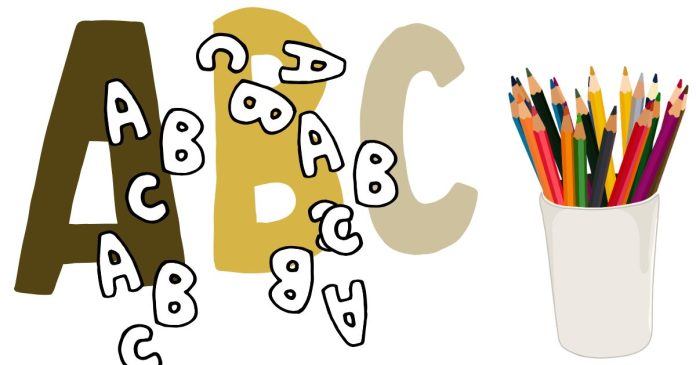In the sentence “He arrived home yesterday,” the word “yesterday” functions as the adverb. An adverb is a word that modifies or gives more information about a verb, adjective, or another adverb. It can tell you when, where, how, or to what extent something is happening.
Let’s break down the sentence:
- “He arrived home yesterday.”
In this sentence:
- “He” is the subject, referring to the person performing the action.
- “Arrived” is the verb, describing the action of the subject.
- “Home” is a noun that describes the destination of the action (the place where he arrived).
- “Yesterday” is the adverb. It modifies the verb “arrived,” telling us when the action took place.
Role of “Yesterday” as an Adverb
- Adverb of Time: “Yesterday” specifically answers the question when the action occurred. It indicates that the action of arriving happened in the past, specifically the day before the current day.
Other Types of Adverbs in Similar Sentences
Adverbs can describe different aspects of an action:
- Adverb of Place: “She went there.” (The adverb “there” tells where she went.)
- Adverb of Manner: “He worked hard.” (The adverb “hard” describes how he worked.)
- Adverb of Frequency: “She always arrives early.” (The adverb “always” tells how often something happens.)
- Adverb of Degree: “He was extremely tired.” (The adverb “extremely” tells to what extent he was tired.)
In the sentence “He arrived home yesterday,” the word “yesterday” is the adverb because it modifies the verb “arrived” by indicating the time of the action. By adding this adverb, we get a clearer picture of when the event took place. Understanding adverbs like “yesterday” can help us communicate more precisely about time, place, manner, and other details of actions.


